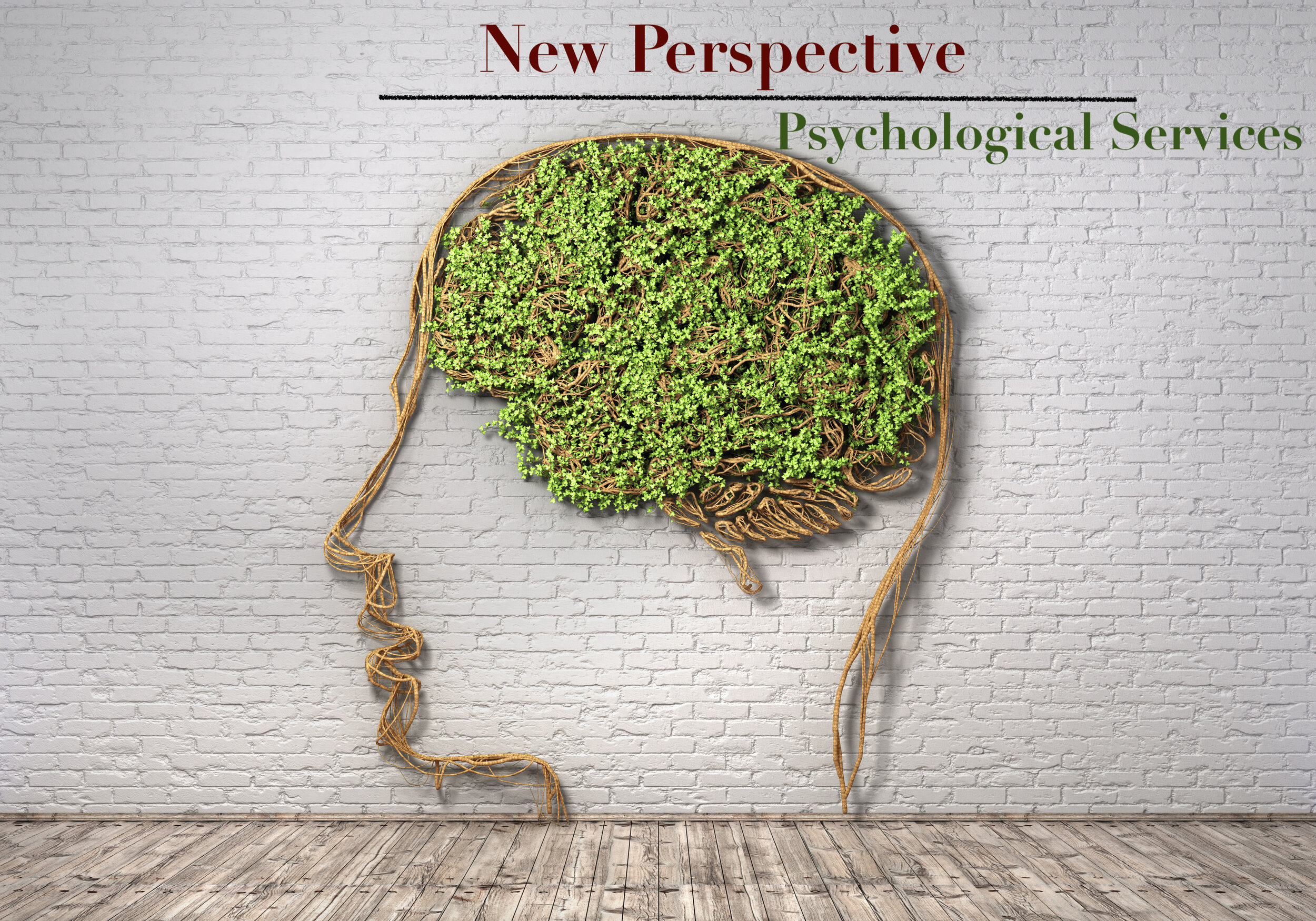Borderline Personality Disorder
Borderline Personality Disorder (BPD), is different than other diagnoses, such as depression, anxiety or bipolar disorder. It involves ingrained patterns of relating to yourself and others in ways that causes intelligent, charismatic people swing from feeling self-assured to feeling in their bones that there isn’t a place for them in this world.
People who live with BPD have lack a sense of self, unstable interpersonal relationships, and an inability to manage emotions. As a result someone with BPD often feels a sense of profound emptiness, like they might not know who they are. When they meet someone and immediately feel a connection. Within a few days or weeks that person might become a best friend, mentor or lover – or all three. Then, suddenly, they do something that is really upsetting- maybe something that others don’t see as a big deal- but someone with BPD might hate them and cut them off. With a lack of skills on how to deal with the distress, people often seek out activities that will numb the emotional pain they are in. Something that works well in the moment but leaves them feeling emptier and guilty later like drinking heavily, or cutting or trying to die. This is a common cycle for people living with BPD.
Living with BPD can be incredibly lonely and painful. So if you see aspects of yourself in this cycle but you can’t stop yourself what can you do? First, thing is to start by validating yourself. Your emotions make sense in the context of your life. You have chosen actions that have gotten you through so much. And also you can do so much more.
Next: reach out for help. There is an evidence-based treatment for BPD called Dialectical Behavior Therapy (DBT). Dialectical Behavior Therapy was designed to help people who struggle with intense emotions, learn to communicate effectively and become better at dealing with stressful situations. It is different from other treatment because in addition to psychotherapy, there is a skills component where you learn and practice 75 tangible skills and then learn how to use them to change your life.

